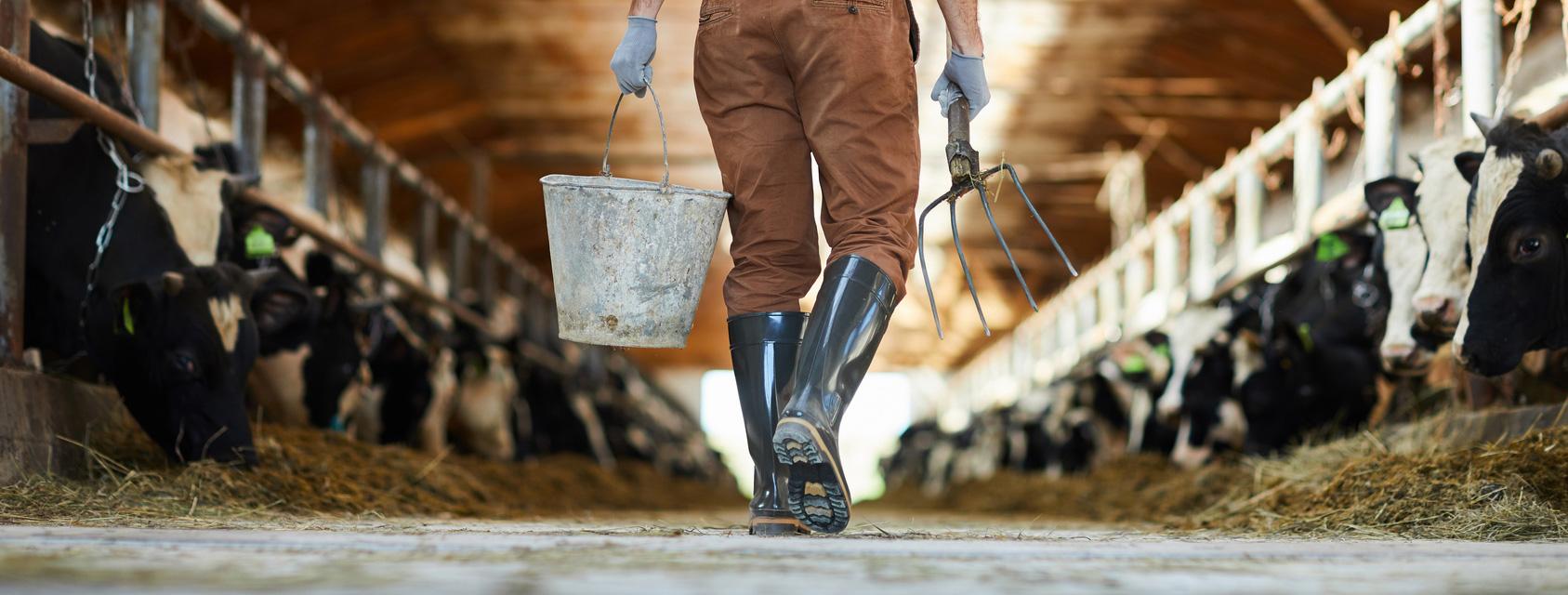
Livestock fattening
The use of humic acids and fulvic acids in animal fattening has been investigated worldwide. The results showed healthier animals that needed less food while maintaining their weight gain. The humic acids and fulvic acids in animal feed thus ensured better feed conversion. At the same time, the use of antibiotics could be significantly reduced or even completely dispensed with. Here, clear analogies to the experiments in human medicine can be observed.
- HUMIVERSE® can be used in farm animals – pigs, poultry and cattle – as a feed additive or as an additive in water to stimulate the immune system.
- The intestinal flora is stabilised by the fixation of toxins and by the formation of a protective layer on the surface of the gastrointestinal mucosa.
- It increases the animals’ appetite and feed intake.
- HUMIVERSE® improves feed conversion and ultimately promotes weight gain.
The feed additive HUMIVERSE® is currently in the test phase at several fattening farms. Due to the special purity of HUMIVERSE®, clear positive results are expected, as with the humic acids from lignite investigated so far.
HUMIVERSE® – The Future of Farming
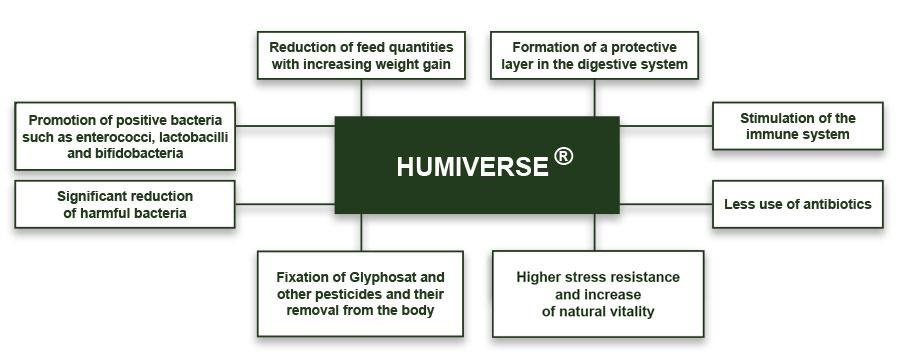
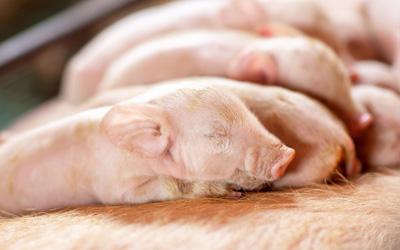
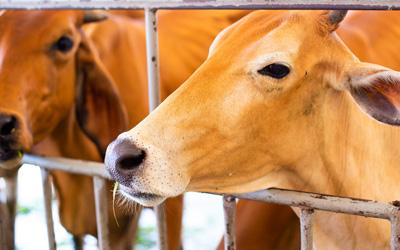
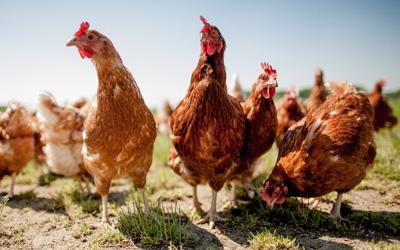
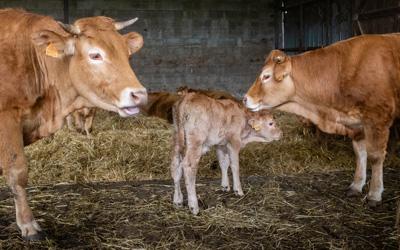
Animal Experiments at the University of Osnabrück*
- In a feeding experiment, 336 piglets were divided into a control and an experimental group. While the standard ration of the groups was identical, a product containing humic acid was added to the feed of the experimental group. The dosage was 0.3 % for piglet rearing feed 1 and 0.2 % for piglet rearing feed 2 and 3.
- The performance of the piglets could be significantly improved by the addition of humic acids. Daily weight gain and feed intake were increased by 4.7 % and 4.9 % respectively. The piglets in the experimental group weighed 1 kg more on average on the 48th day of life. The feed and energy expenditure was at the same level in both groups. In addition, the rating showed that at 2.4 % only a very small proportion of the animals in the experimental group showed injuries.
- The positive influence of humic acids is attributed to the fact that they promote mucous membrane coverage in the gastrointestinal tract. They also have an anti-inflammatory effect and support the non-specific defence against infection. The experiment makes it clear that products containing humic acid can also have a positive effect on performance in companies with good health and good performance.
*The experiment was carried out with a commercially available humic acid from the Leonardite of lignite. Some of these humic acids have considerable concentrations of harmful substances.
Animal and Human Experiments University of Leipzig*
“Humic acids influence the antibacterial effect of the total herbicide glyphosate on faecal flora and urinary excretion … HS (humic acids) have antibacterial, antiviral, profibrinolytic, antiestrogenic and antiinflammatory activities [Skliar et al. 1998; Yamada et al. 1998; Klöcking, 1991; Klöcking et al. 2002]. According to Kühnert et al. (1992), HS serve to displace or thin out pathogens in favour of the main physiological flora of the intestine. Similar results could be found in the own investigations. Pathogenic bacteria such as C. perfringens and Gram-negative enterobacteria were significantly reduced (Figs. 3 and 7). Health-promoting bacteria such as enterococci, lactobacilli and bifidobacteria were significantly increased (Figs. 4, 5 and 6).
*Published in International Journal for Orthomolecular and Related Medicine, Special Edition 2015 No. 153


TERRA OPTIMA AG
Rathausstr. 14
6340 Baar
Switzerland
Tel.: +41 41 560 31 04
E-mail: info@terra-optima.ch
Web: www.terra-optima.ch
28 Queen’s Road Central
20th Floor · Central Tower
Hongkong
Tel.: +852-53180167
E-mail: info@terra-optima-asia.ch
Web: www.terra-optima-asia.ch
HUMIVERSE® is a registered Trademark of Terra Optima Inc.
